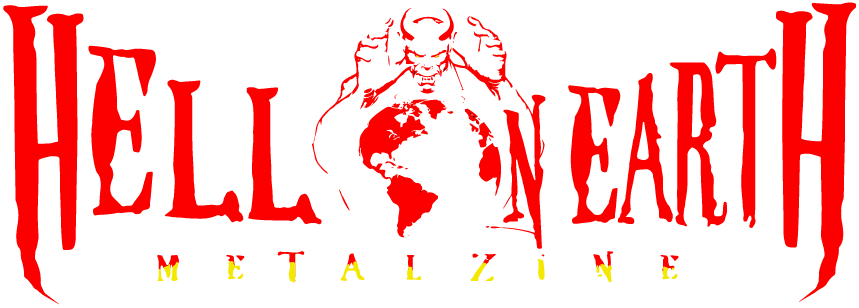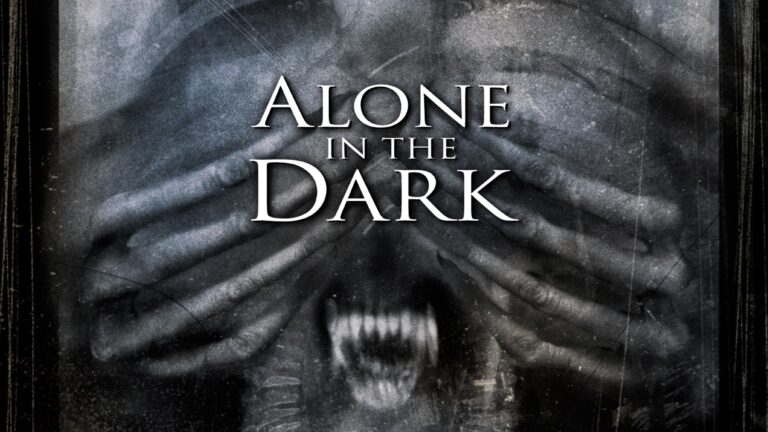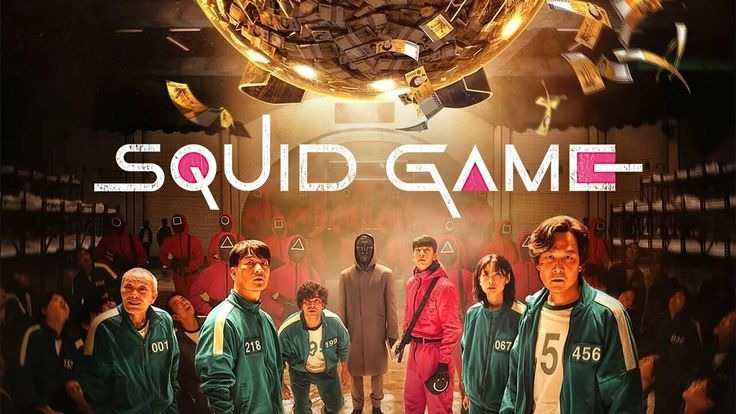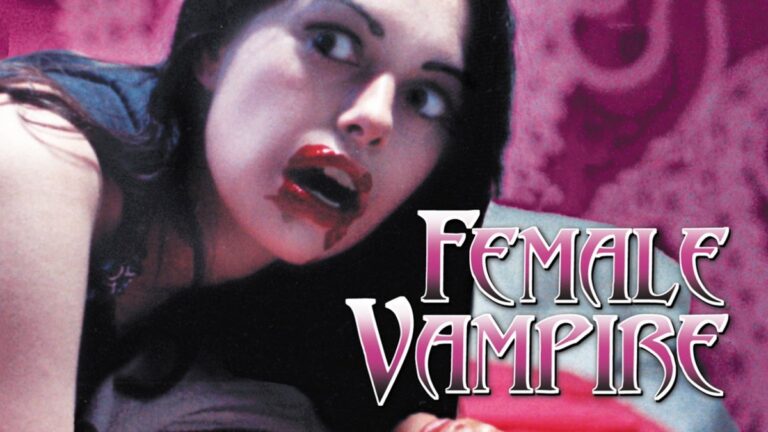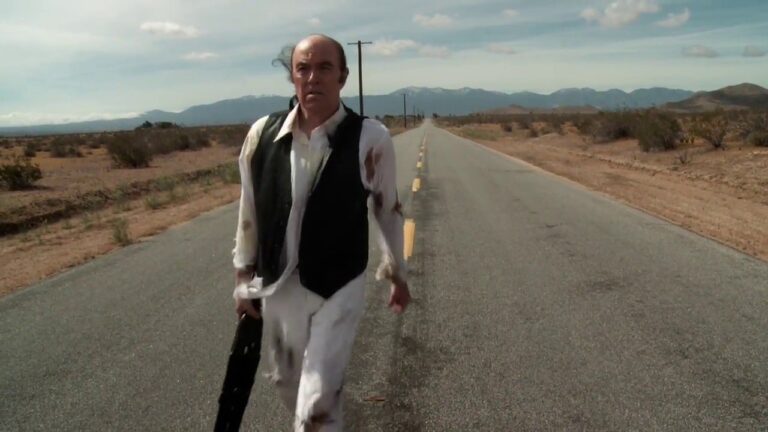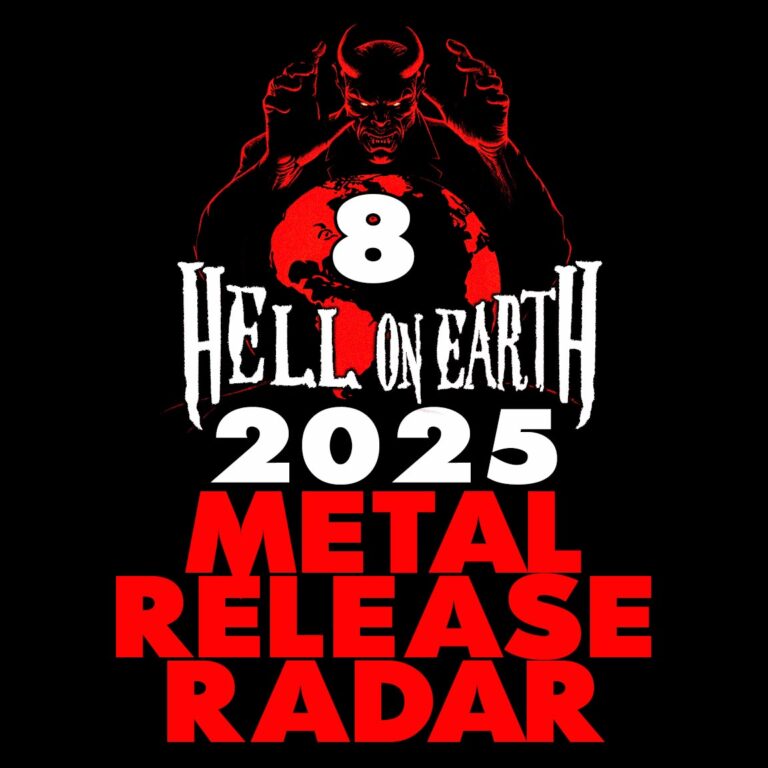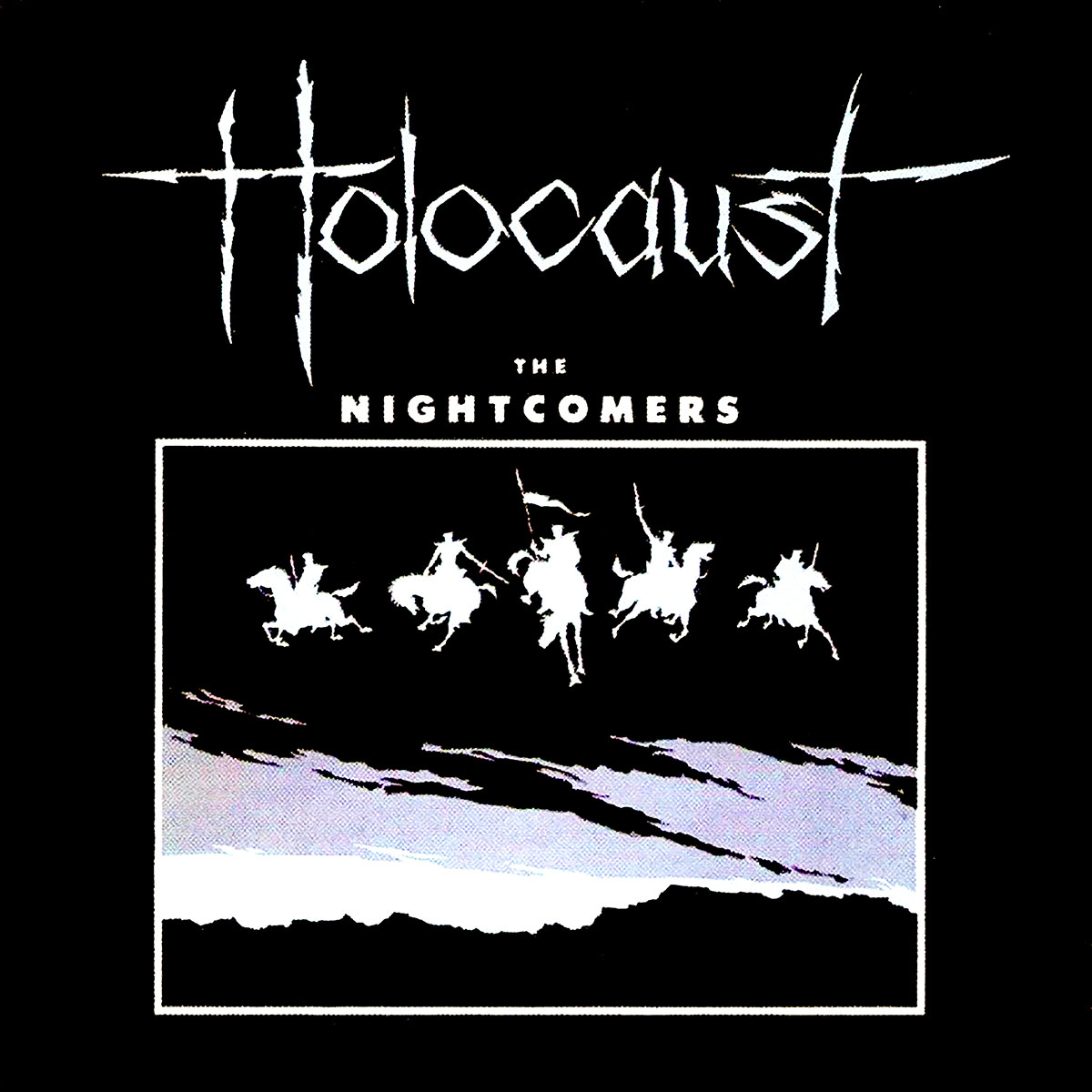
Holocaust comes from Scotland and was founded as far back as 1977. The band’s first two releases would come in 1980 in the form of two EPs, with the title tracks from both EPs included on “The Nightcomers”. We are talking about the band’s best song, “Heavy Metal Mania,” and the not-so-iconic “Smokin’ Valves”. “Heavy Metal Mania” is an early heavy metal anthem that pays homage to heavy metal with its almost comical lyrics. “Rock ‘n roll … far too slow. So the adrenaline just doesn’t flow. Where is the power, where is the glory? Heavy Metal is my story”, it sings with a twinkle in the eye.
Although Holocaust and “The Nightcomers” were important pieces in what became known as the New Wave of British Heavy Metal (NWOBHM) and peaked in 1981, Holocaust is far from the most well-known band from that wave. However, they received a significant boost in 1987 when Metallica released “The $5.98 E.P. – Garage Days Re-Revisited”, where they covered a song called “The Small Hours”. Many discovered the band through this EP, including myself. “The Small Hours” was not originally released by Holocaust on a studio album but can be found on the live album with the peculiar name “Live (Hot Curry & Wine)” from 1983, and it wasn’t until 1992 that it appeared on the studio album “Hypnosis of Birds”.
In addition, Lars Ulrich released the compilation album “New Wave of British Heavy Metal ’79 Revisited” in 1990, featuring Holocaust’s “Death or Glory” from “The Nightcomers”. While on the topic of cover songs, Six Feet Under has done a death metal version, and Gamma Ray has done a power metal version of the latter song. Gamma Ray has also covered “Heavy Metal Mania”.
The sound on “The Nightcomers” is not extraordinary and is far from the best-produced album from the NWOBHM wave. However, it sounds tough enough, and once you get used to the sound, it’s easier to appreciate the classic, tough riffs that permeate the album. I know that many may have issues with the vocals, which may be a bit below par. Despite Holocaust’s strong start with the debut album “The Holocaust,” things quickly went downhill. In 1983, guitarist Ed Dudley left the band, and he continued with the band Hologram, which played more radio-friendly hard rock with the album “Steal The Stars”, presented as an official follow-up to Holocaust. However, it remained a one-album venture.
In 1984, Holocaust reappeared, but then as a solo project by guitarist John Mortimer, who now also sang and played bass. Mortimer has continued with Holocaust to this day, with many different members. However, it is perhaps self-evident that none of these albums has ever managed to measure up to the classic “The Nightcomers”.
Released April 1981 by Phoenix Record & Filmworks.
